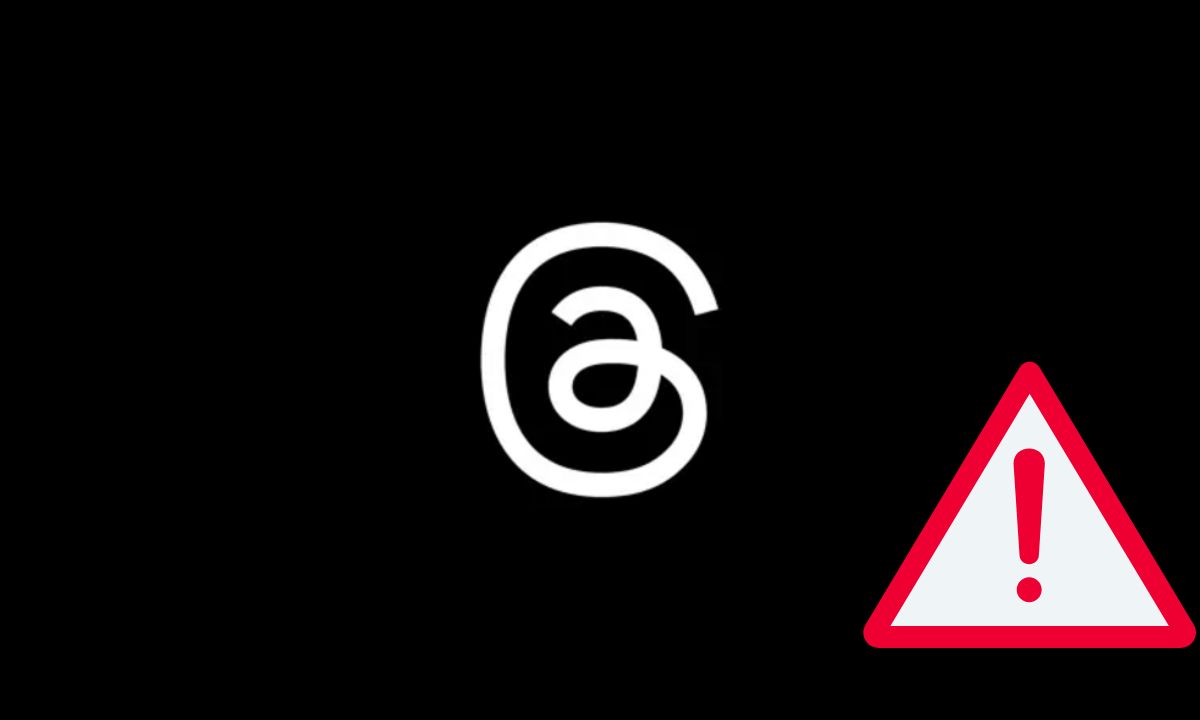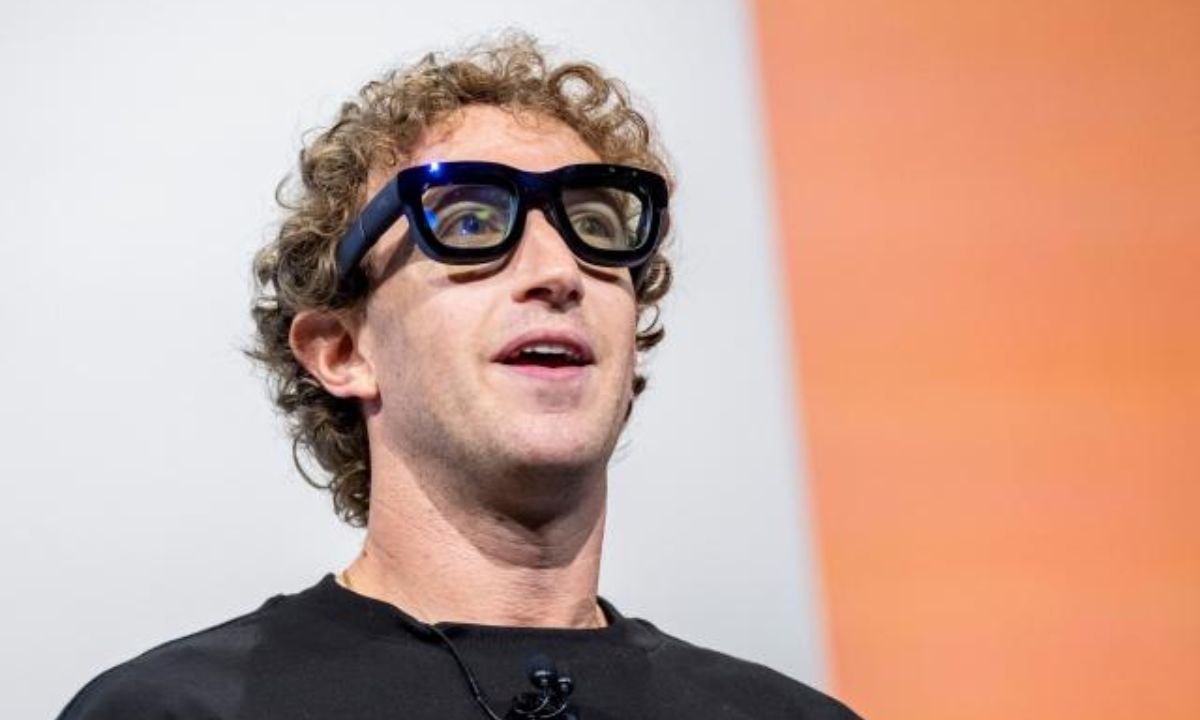The U.K. government is pushing ahead with plans to attract AI companies by altering copyright laws, a move that has sparked major backlash from artists. The proposed changes would allow AI developers to train models using artists’ work found online—without permission or compensation—unless creators actively opt out. This controversial approach has triggered widespread resistance from the creative community.
In a bold form of protest, a group of 1,000 musicians has released a silent album titled Is This What We Want? to voice their opposition. The album, featuring contributions from artists like Kate Bush, Imogen Heap, Max Richter, and Thomas Hewitt Jones, includes co-writing credits from big names such as Annie Lennox, Damon Albarn, Billy Ocean, The Clash, Mystery Jets, Yusuf / Cat Stevens, Riz Ahmed, Tori Amos, and Hans Zimmer. But instead of music, the album contains ambient recordings of empty studios and performance spaces—symbolizing what artists fear will happen if AI companies are freely allowed to exploit their work.
“You can hear my cats moving around,” Hewitt Jones said of his contribution, highlighting the stripped-down, personal nature of the recordings. The album’s 12 tracks spell out a clear message: The British government must not legalize music theft to benefit AI companies.
This protest is part of a broader movement against AI-driven copyright infringement, with similar actions taking place in other countries, including the U.S. Ed Newton-Rex, who spearheaded the project, has been leading a larger campaign against AI training without proper licensing. A petition he launched has gathered over 47,000 signatures from writers, visual artists, actors, and other creatives, with nearly 10,000 signing in just the past five weeks following the U.K. government’s AI policy announcement.
Newton-Rex, a classically trained composer, is no stranger to AI music technology. He previously founded Jukedeck, an AI-based music composition platform that won TechCrunch’s Startup Battlefield competition in 2015 before being acquired by TikTok. After working at companies like Snap and Stability, he has now shifted focus to advocating for artists’ rights, even establishing a nonprofit that certifies AI companies that refrain from scraping and training on copyrighted material without permission.
The upcoming legal changes would require artists to opt out if they don’t want their work used for AI training—a requirement Newton-Rex believes is deeply flawed. “Opt-out schemes just aren’t widely adopted,” he explained. “This is going to hand over 90% to 95% of artists’ work to AI companies—without question.”
Some artists are considering moving their work to other markets with stronger copyright protections. Hewitt Jones, who recently threw a keyboard into a harbor during a protest (and later retrieved it, albeit broken), is exploring options like Switzerland for future music distribution.
Many artists now feel trapped in an impossible situation. “For years, we were encouraged to share our work online for exposure,” Newton-Rex said. “Now, AI companies and even governments are turning around and saying, ‘Well, you put it online for free, so it’s fair game.’ As a result, some artists have told me they’re simply going to stop creating and sharing their work.”
The silent album will be available on major streaming platforms starting Tuesday, with any proceeds or donations going to the charity Help Musicians.






